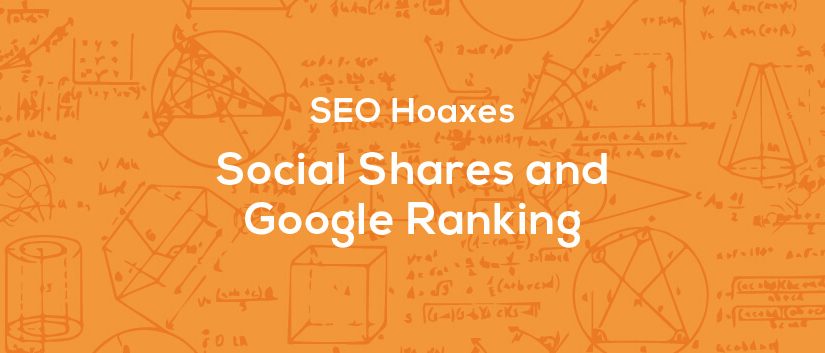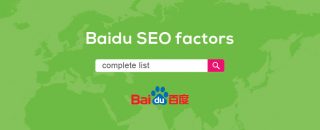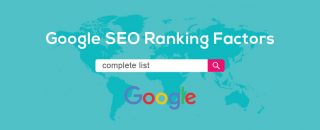What is the relationship between social shares and organic search?
The number of “likes” on Facebook, followers on Twitter or Instagram and the Linkedin shares have definitely an impact on the ranking of websites, but not as we might guess.
Social shares
Confusion or speculation?
Whether it’s just confusion or pure speculation, in this article I will try to shed light on the issue.
Social engagement as ranking factor
As written previously on the Google SEO factors list, there is a “correlation but no causal relationship” between the number of likes, followers, social shares and rankings in the search engines.
Matt Cutts (which after 16 years has just left Google in order to work for the Pentagon..) categorically states that the Google algorithm does not take into account the social signals.
How to explain?
The misconception here is: is it reasonable to think that the same content, if quality, will have a similar rate of CTR on the different platforms. Consequently, there is a correlation relationship between positioning and spreading since the algorithms take (also) into account of the same metric.
Google vs Facebook vs Twitter: how the algorithms work
Variables
- ranking
- impressions
-
Click[expand title=””]
- Bounce Rate
- Avg. Visit Duration
- Unique visitors
- Pages/Visits
Reaction
Google will reward with improved positioning the results lower in the SERPs with best CTR, assuming that content to be more relevant for the specific search keywords.
Actions
Variables
- impression
Actions
- Click on link
- Click on image/video
- Click on hashtag
- Click on profile page
- Comment
- Like
Reaction
Facebook will increase the coverage of the post, making it visible to a larger number of users
Variables
- impression
Actions
- Click on link
- Click on image/video
- Click on hashtag
- Comment
- Like
- Retweet
Reaction
Since has adopted the new algorithm for displaying the feed (February 2016), Twitter, like Facebook, will increase the coverage of the post.







